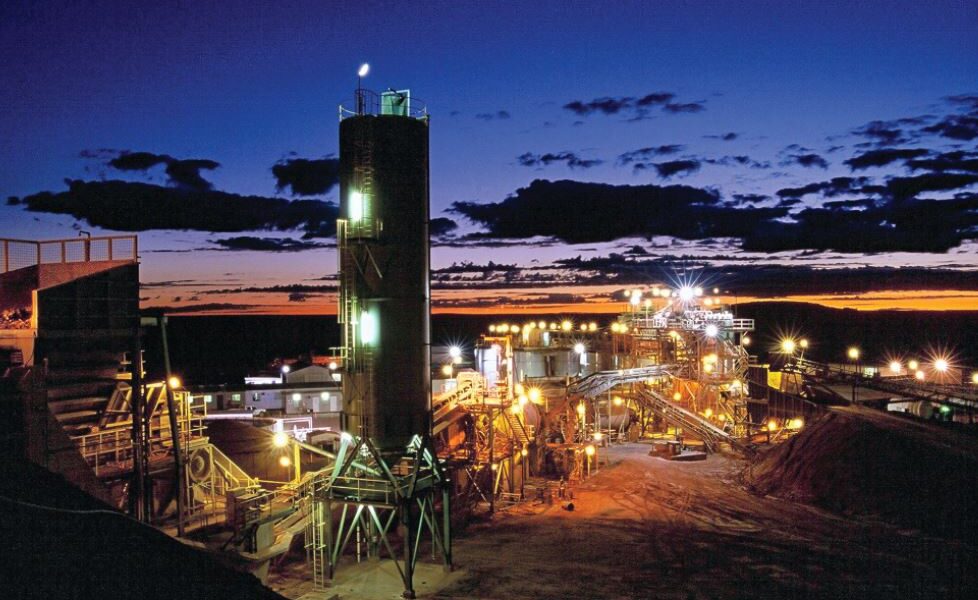Australian Resources Minister Madeleine King said last Thursday that Australia needs to develop processing capabilities that would break China’s dominant position over minerals crucial to clean energy and defence technologies.
Speaking to a Darwin audience that included key allies and trading partners, King said the concentration of the critical minerals market in China posed a strategic challenge to Australia.
“Working together, like-minded partners can build new, diverse, resilient and sustainable supply chains as part of a global hedge against concentration,” King said at an event organised by the Australian Strategic Policy Institute, a defence thinktank with a hawkish reputation on China.
“Diversity, as opposed to concentration, is an intrinsic good and in the interest of all nations.”
The comments come ahead of the release of a federal government strategy designed to address China’s dominance of important minerals like rare earths.
Rare earth metals, a subset of the larger group of minerals seen as critical to a nation, are used in everything from smartphones and batteries to high-powered magnets.
Sign up for Guardian Australia’s free morning and afternoon email newsletters for your daily news roundup
Rare earths also underpin clean energy technologies and are widely used in electronic defence systems.
China is a large producer of rare earths and has near complete control over the refining processes needed to make the minerals useful.
Electric vehicle manufacturer Tesla has flagged it will engineer rare earths out of its next-generation fleet amid volatile pricing and disrupted supplies of the key minerals in recent years.
King told the audience that included ambassadors from the Netherlands, India and Japan that pandemic-related disruptions to supply chains showed how important it was to have reliable supplies.
“These events have shown that market concentration leads to fragility, volatility and unreliability of key materials, like critical minerals and rare earths,” King said.
“This creates a strategic challenge for Australia and for our allies and partners.”
After tensions between Beijing and Tokyo flared in 2010, China blocked rare earth exports to Japan.
King said Australia needed capital to develop mining projects while noting that critical minerals were key inputs into Japan’s advanced manufacturing industry.
“Foreign investment from like-minded partners will be crucial to getting Australian projects off the ground,” she said.
Contrary to their descriptor, rare earth elements are abundant. However, only a few countries, including Australia, contain deposits large enough to make extraction viable.
The mining process can generate large volumes of toxic material and processing is tricky, giving China a large head start over other nations trying to build refining capabilities.
Australia has had limited success in building processing capabilities for its vast mineral wealth, with most resources, like iron ore, sent offshore.
It is home, however, to two companies, Lynas Rare Earths and Iluka Resources, which are involved in the extraction of critical minerals and are developing or expanding their refining processes.


